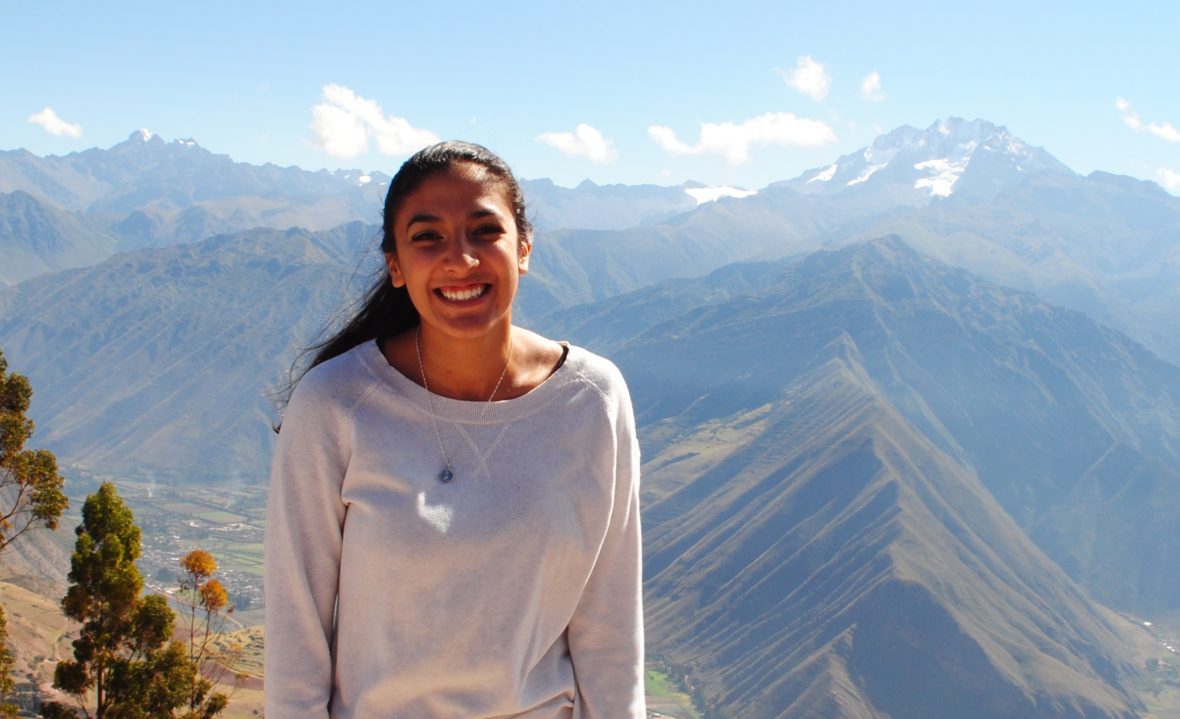When did you know that you wanted to work in food?
My father is a third generation farmer and I grew up on our family farm in the Hudson Valley, so I've been working in food for as long as I can remember. Since I was little, summer and fall were always spent on the farm helping out with harvest, and in our small farming community, this was the norm. When I went to college, with no intention of pursuing a career in food systems, I was immediately confronted with how little my peers knew about where their food comes from or the state of modern agriculture (I was even asked if I rode a horse to school because I grew up on a farm...no kidding). Recognizing this as a major problem, I started to care more and more about learning about our food system and being an advocate for agricultural issues in response to our changing world.
How did you get your current good food job?
I found my job on Good Food Jobs - I was living in central New York after college but knew that I wanted to return to the Hudson Valley to work in my home region. While browsing the site I came across Glynwood, which works to advance food and farming in the Hudson Valley through farmer training and regional food promotion. It was a perfect fit - while I am not actively farming, I can feel good about contributing to an organization that is training the next generation of farmers and supporting local agriculture.
How did your previous work or life experience prepare you for a good food job?
While my upbringing prepared me with general knowledge and some tacit understanding of food systems, it was my graduate education that really helped me to understand the factors involved in the food world that are deeper than the surface level. When people think of agriculture, they often picture farms and food production; but there is so much more at play in the food space. The food we eat is an issue concerning environmental health and climate change, economic and political drivers, and social justice and equity. I received my Masters of Public Administration with a concentration in Sustainable Communities from Binghamton University in 2016, and this enhanced my general understanding of the complex facets of public policy and societal change. Getting a more holistic view of the field has prepared me for work in a field that is so rapidly changing.
What was the greatest obstacle you had to overcome in pursuing your Good Food Job dream?
Getting over the daunting task of embarking on a career in public service - but now I can't see myself doing anything else.
Name one positive thing that a former employer taught you that you continue to appreciate?
I was a research assistant for two years while pursuing my masters degree, and my supervisor taught me how important it is to strike a balance between feeling comfortable enough to ask for input when needed, but also feeling confident enough in your abilities to make your own calls and decisions. It's a continual learning process.
What can you identify as the greatest opportunities in food right now?
Supporting local and sustainable agriculture as a means to combat climate change. The American Farmland Trust released a great report on how supporting family farms and preserving American farmland can have a tremendous impact on reducing greenhouse gas emissions, and there is new research being done on how investing in resilient methods of farming can help fend off the impacts of a changing climate. As progress moves forward in food and climate science, there is a huge opportunity to update our federal policies and systems so that young farmers can fill in the gaps of the food system and all Americans can access local and sustainably-produced food.
If you could be compensated for your work with something other than money, what would it be?
Plants and art.









